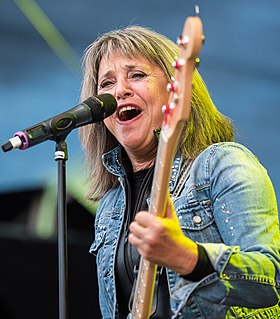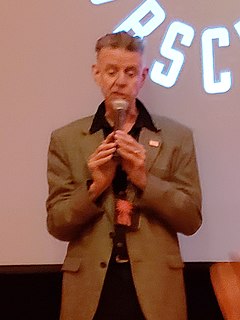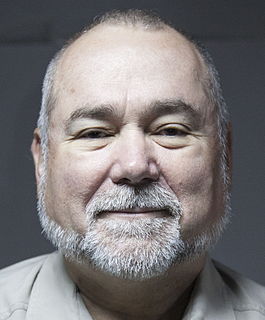A Quote by Louise Erdrich
When small towns find they cannot harm the strangest of their members, when eccentrics show resilience, they are eventually embraced and even cherished.
Quote Topics
Related Quotes
The fortunate and successful New Urbanists will be the ones who can find local infill projects in small towns and small cities associated with farming, water transport, (perhaps rail too) and water power. I do not believe personally that we will retrofit much of suburbia in the way many people wish we might. The capital won't be there, and I'm rather convinced that the population is headed down - though this will be a lagging effect, because even starving people have sex.
It [The Esemblist] is also about the generation of audience members that are watching shows and listening to us at the same time; hopefully, in time, when they listen to our show and then go see a show, they'll realize even more what it takes to make a show, and they'll know even more about everybody on stage, rather than just people above the title of the show.
In towns it is impossible to prevent men from assembling, getting excited together and forming sudden passionate resolves. Towns are like great meeting houses with all the inhabitants as members. In them the people wield immense influence over their magistrates and often carry their desires into execution without intermediaries.






































